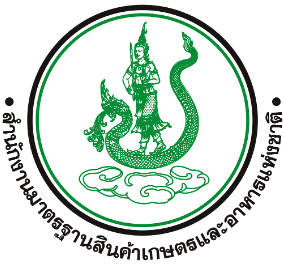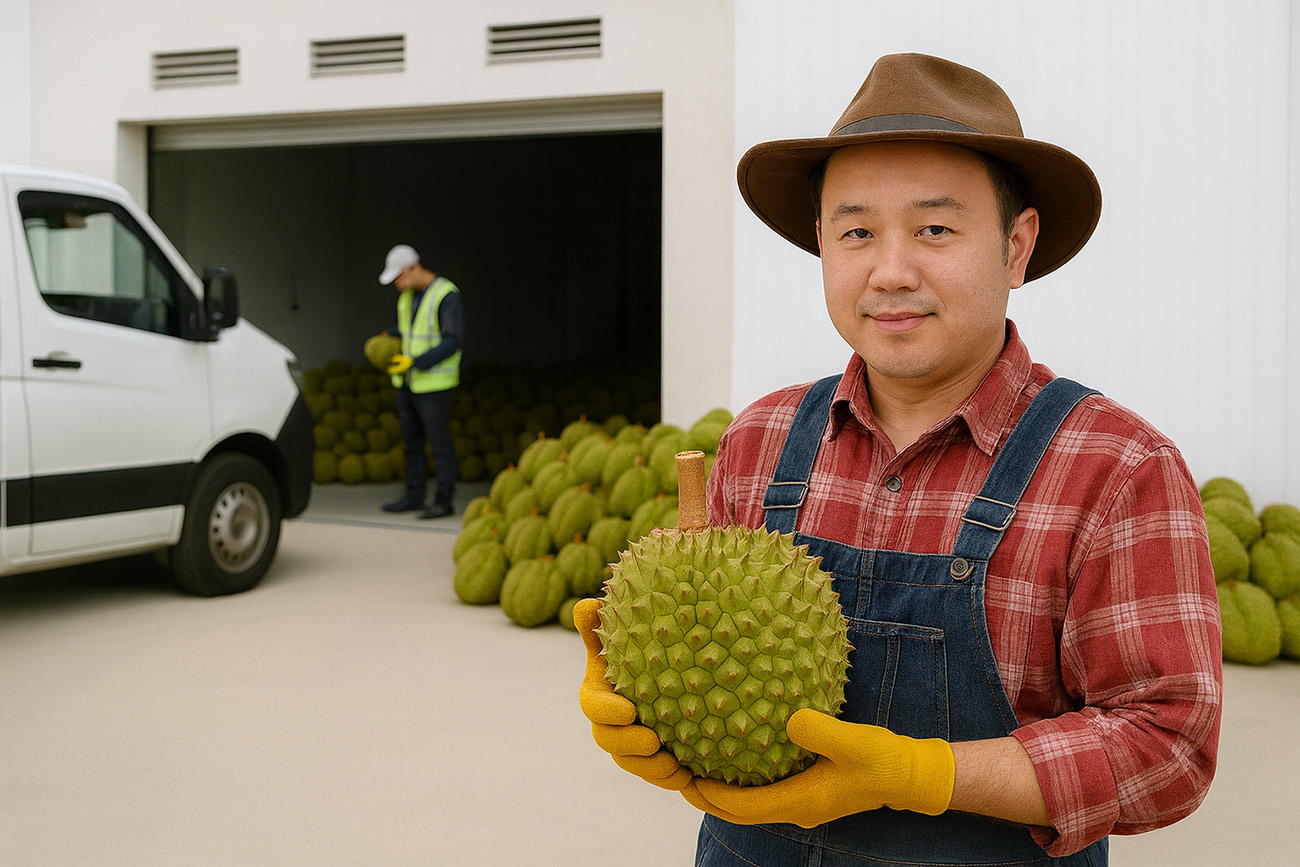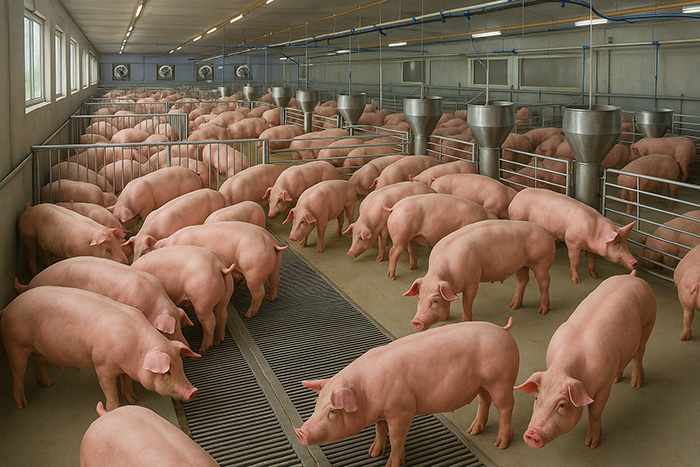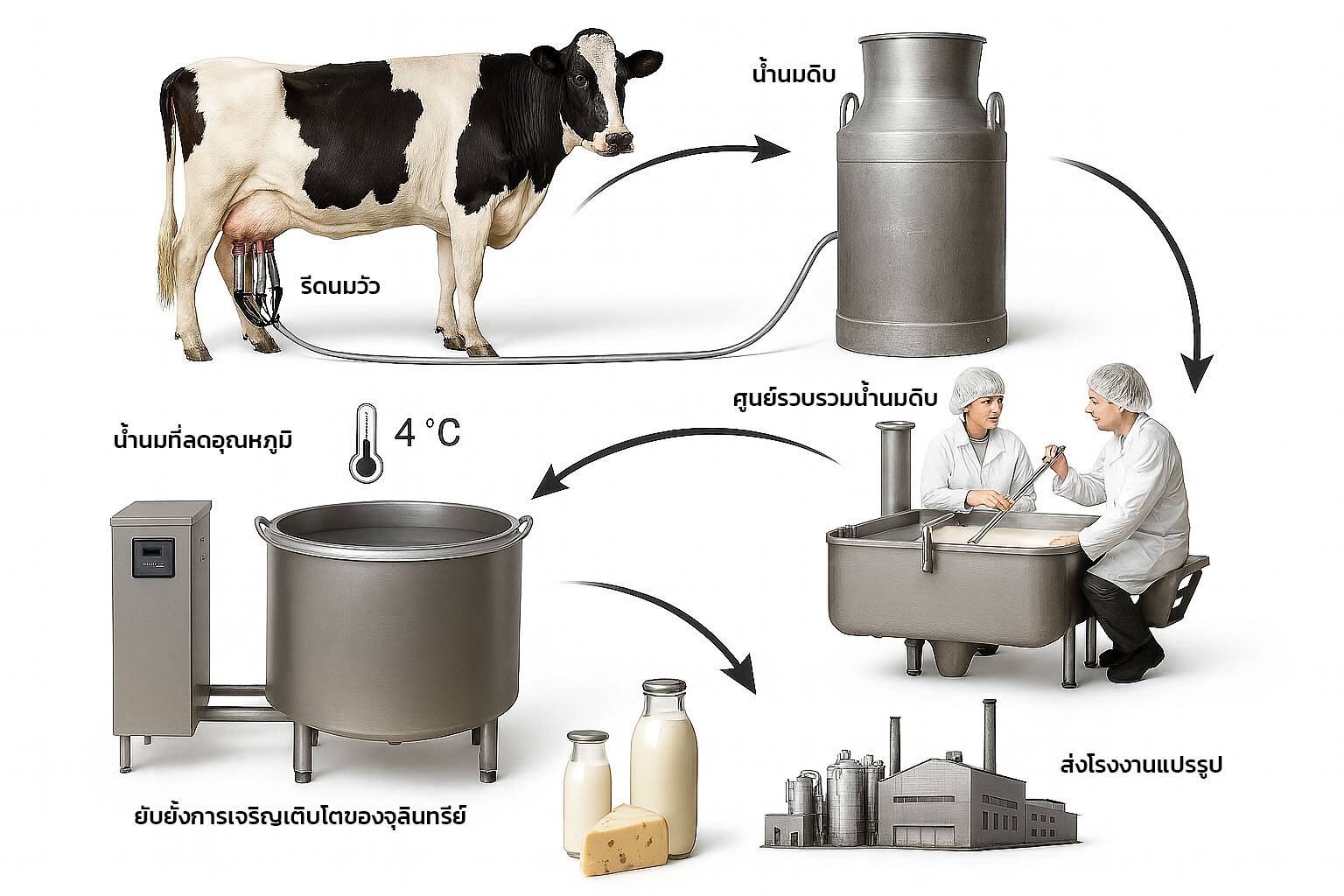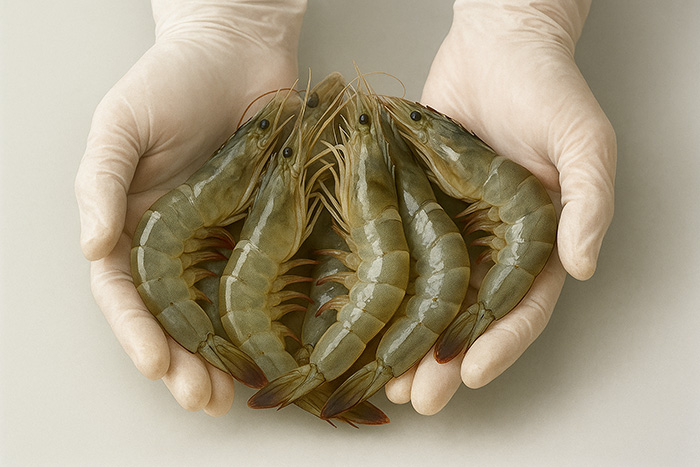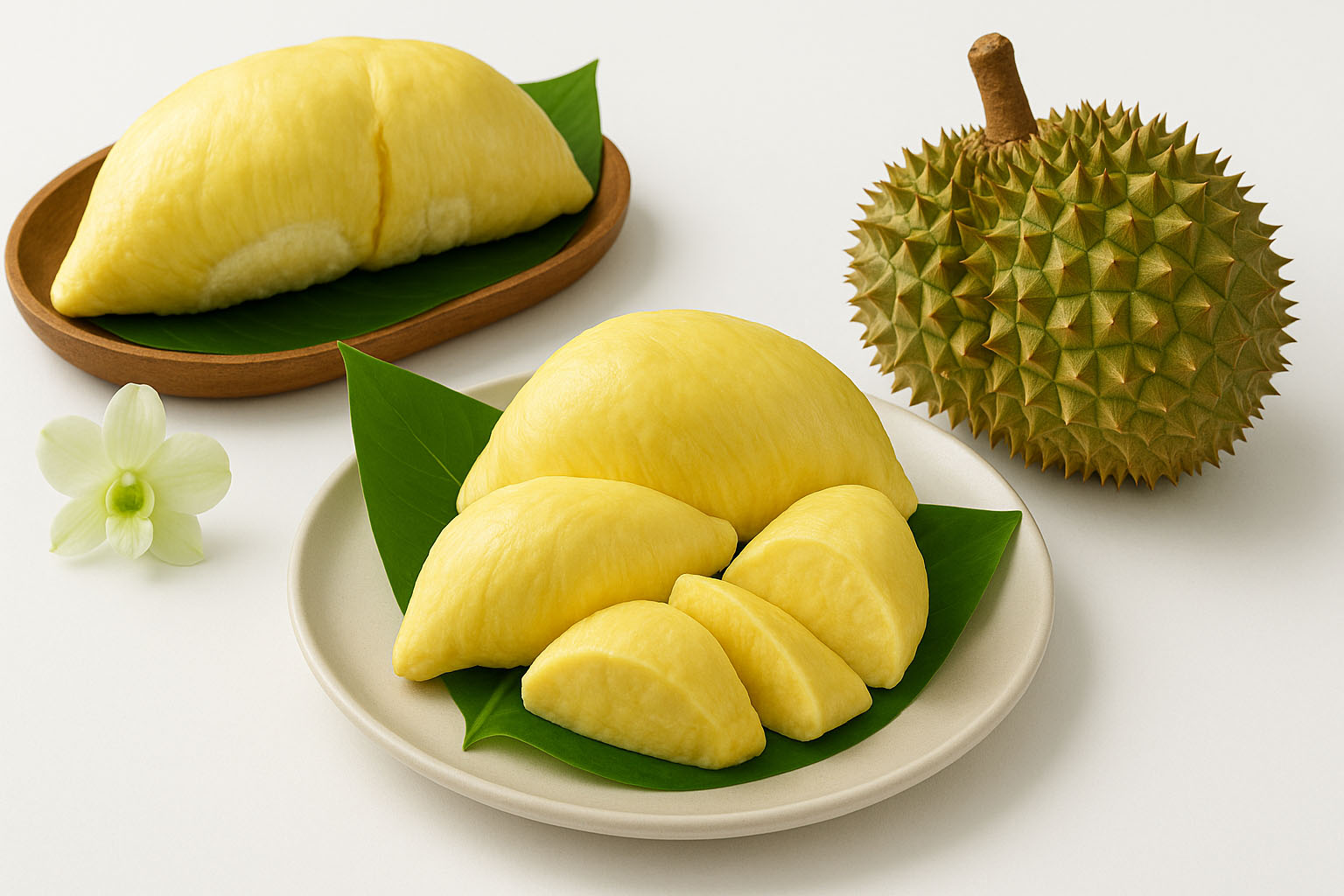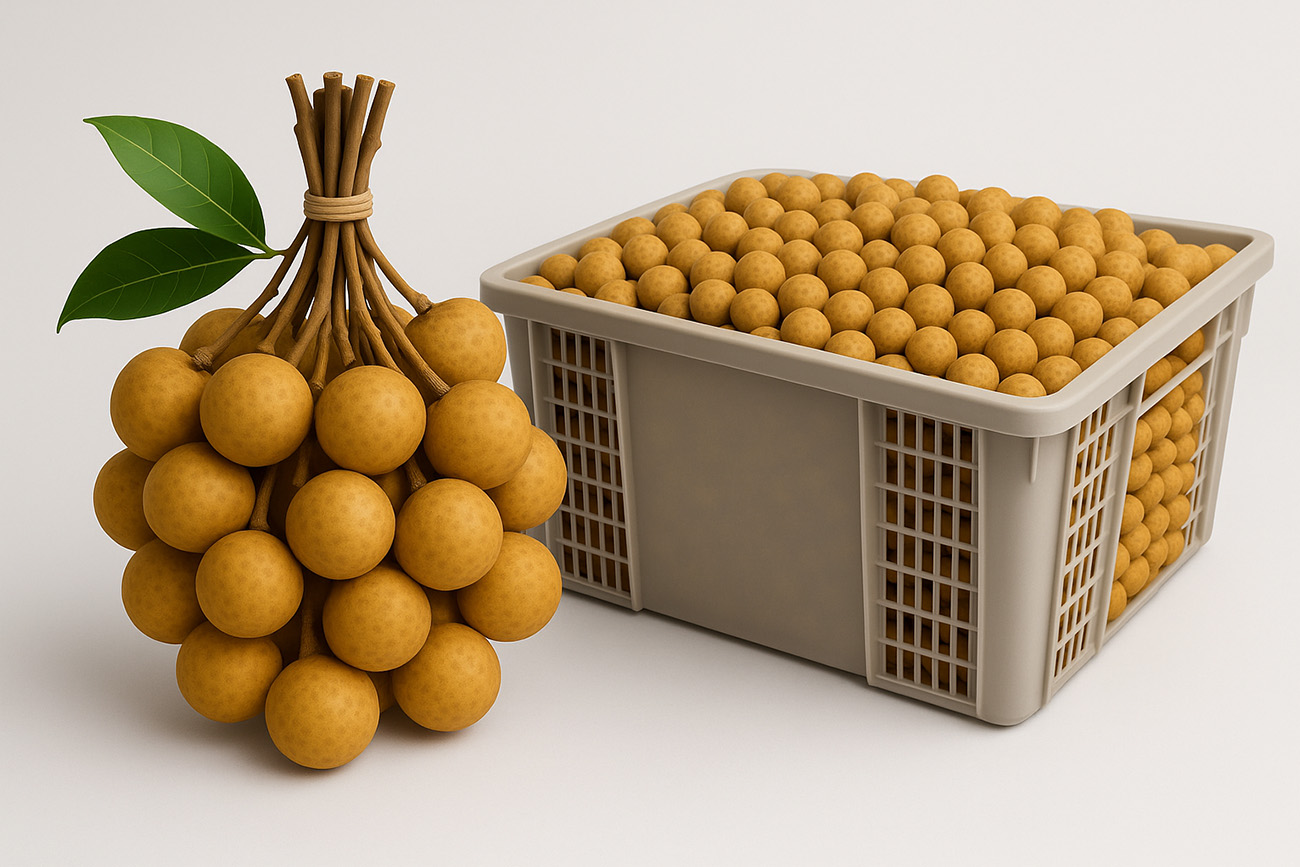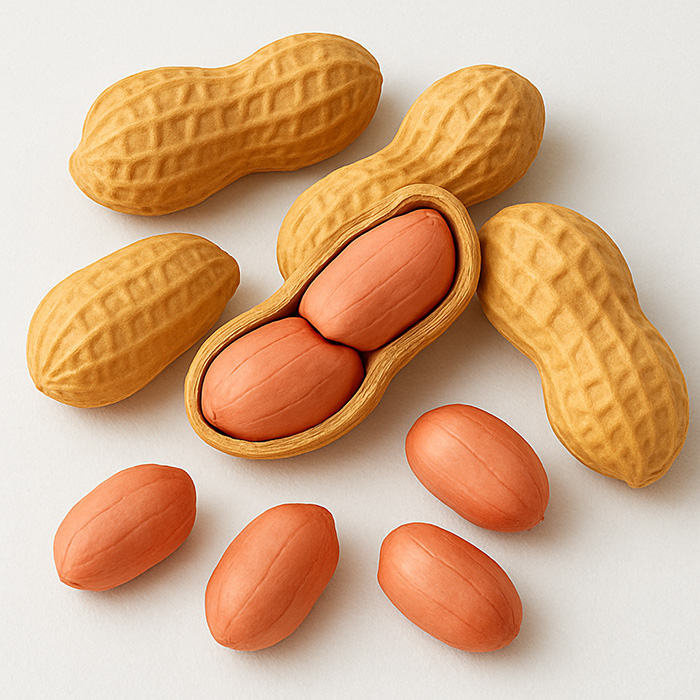| 1 | Anant Export | Sr No. 615 And 619, Plot No. 2, Behind Anant Seeds, Junagadh Keshod Highway. Agatrai, Keshod, Gujarat – 362222 | 1 กุมภาพันธ์ 2568 |
| 2 | SLV Imports and Exports | 3-152, Lakkanapalle, Lakkanapalle, Chittoor, Chittoor, Andhra Pradesh – 517415 | 1 กุมภาพันธ์ 2568 |
| 3 | Pon food products | 1st floor, 18a, Annaiillam, 6thstreet, Melaponnagaram, Madurai, Tamil Nadu – 625016 | 1 กุมภาพันธ์ 2568 |
| 4 | Gadag Exports Private Limited | 6688/3a/6a, M G Bellary Decorticating, Cotton Market Road, Gadag, Karnataka – 582101 | 1 กุมภาพันธ์ 2568 |
| 5 | Apple Trade | 269/1,Thambu Chetty Street, Mannady, Chennai, Tamil Nadu – 600001 | 1 กุมภาพันธ์ 2568 |
| 6 | Shanaya Foods | Thakkar Majesty, B-16 To 18, 2nd Floor, Hpt College Road, Contact No: 919370298918, Nashik, Maharashtra – 422005 | 1 กุมภาพันธ์ 2568 |
| 7 | Anant Seeds | R S No. 356/2, Plot No. 1, Junagadh Highway, At Agatrai., Keshod, Gujarat – 362222 | 17 มีนาคม 2568 |
| 8 | Sidhhartha Corporation Private Limited | 3-Survey NO 216, Rampara - 2,Pipavav Port Road, Tal.Rajula, Dist.Amreli, Amreli, Gujarat – 365560 | 17 มีนาคม 2568 |
| 9 | FK Agro Exports Private Limited | K-1-3/1 Gidc Estate , Nadiad, Gujarat – 387001 | 17 มีนาคม 2568 |
| 10 | S.V. Gadag Ginning Factory | 1-Shed No 2A L S No 49/1, Gundala Patri Road, Gundala,Tal. Mundra, Kachchh, Gujarat-370410 | 10 เมษายน 2568 |
| 11 | G S Exports | Plot No 30,Dhrub Industrial Estate, Gidc, Mundra, Kutch-370421, Gujarat. (India) ,Kutch, Gujarat-370421 | 10 เมษายน 2568 |
| 12 | V S Trading | Plot No.16, First Floor, Subhash Nagar Extn., Puthagaram, Chennai, Tamil Nadu - 600099 | 26 เมษายน 2568 |
| 13 | FF Enterprise | Survey No.2008 Marida Roadph: 9892524000, Nadiad, Gujarat 387001 | 4 กรกฎาคม 2568 |
| 14 | Jalaram Agricom Private Limited | C-408, 4th Floor, The Imperial Heights 150 Ring Road, Opp. Big Bazaar, Rajkot, Gujarat - 360005 | 4 กรกฎาคม 2568 |
| 15 | Vijayakrishna Spices Private Limited | 35, KHB Colony, Parvathi Nagarbellary Contact No: 919032652225, Bellary, Karnataka-583103 | 4 กรกฎาคม 2568 |
